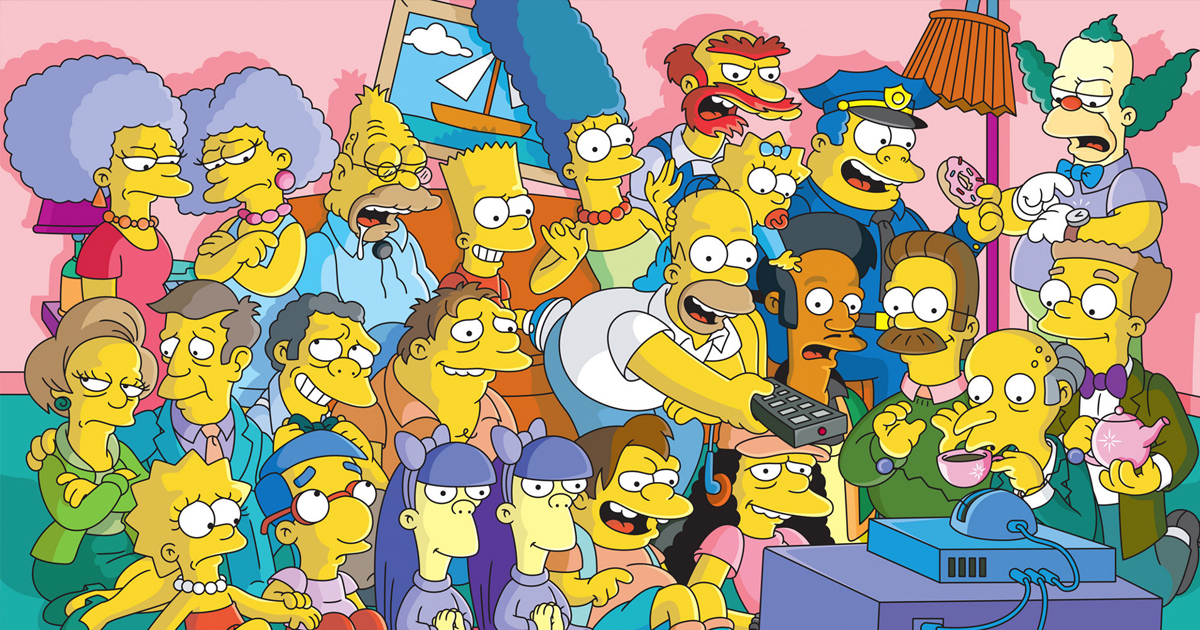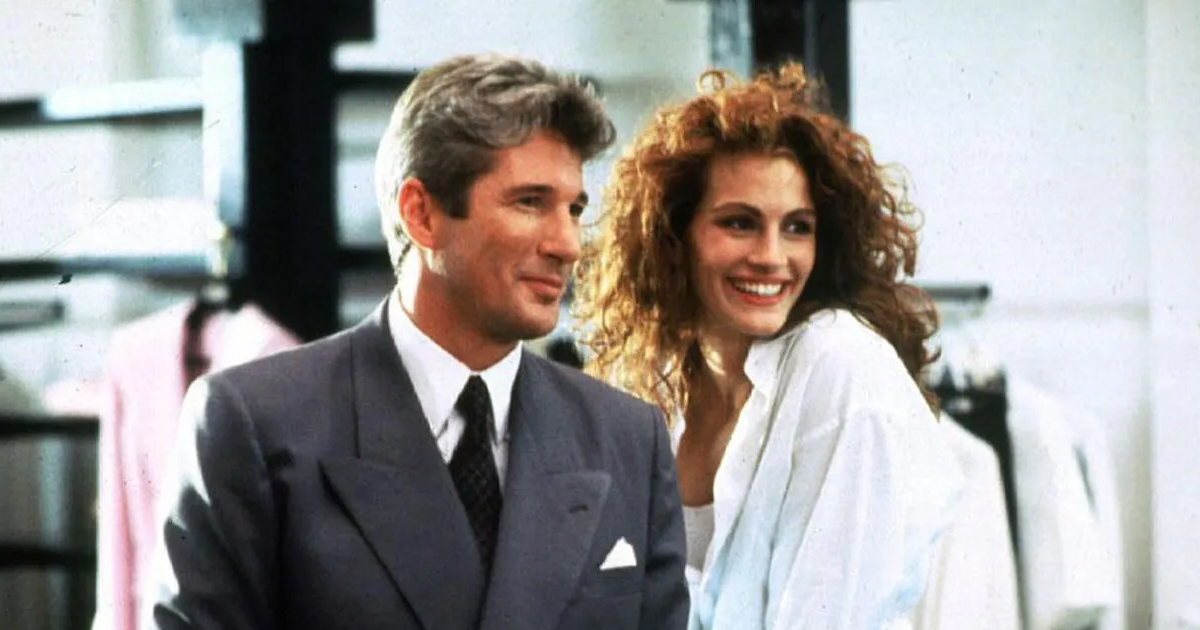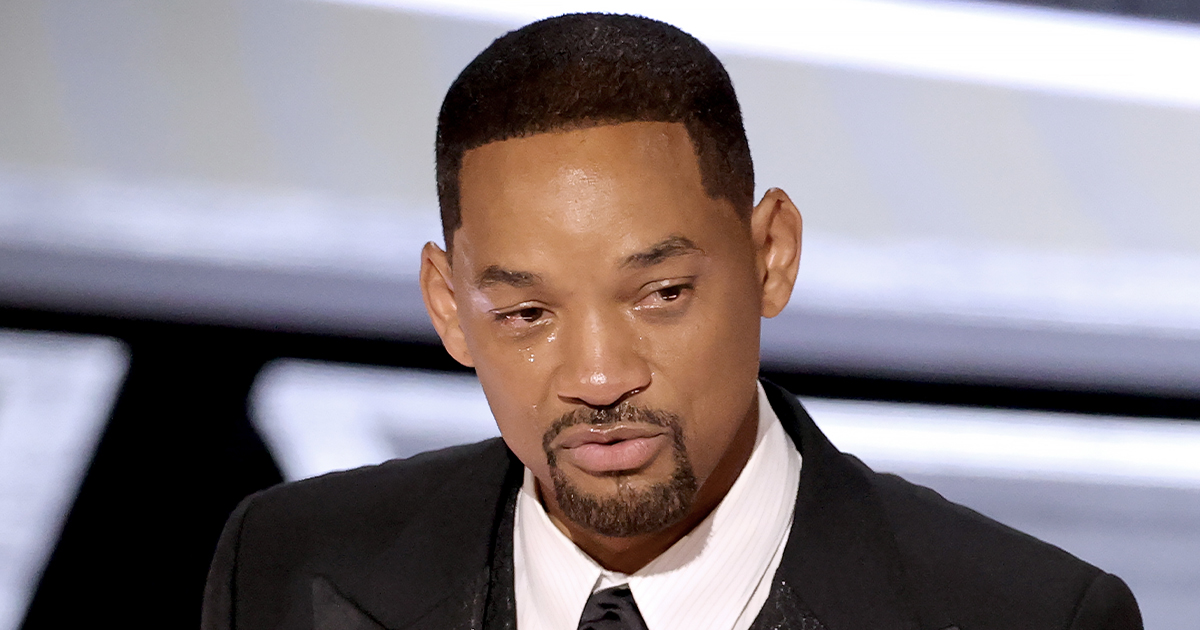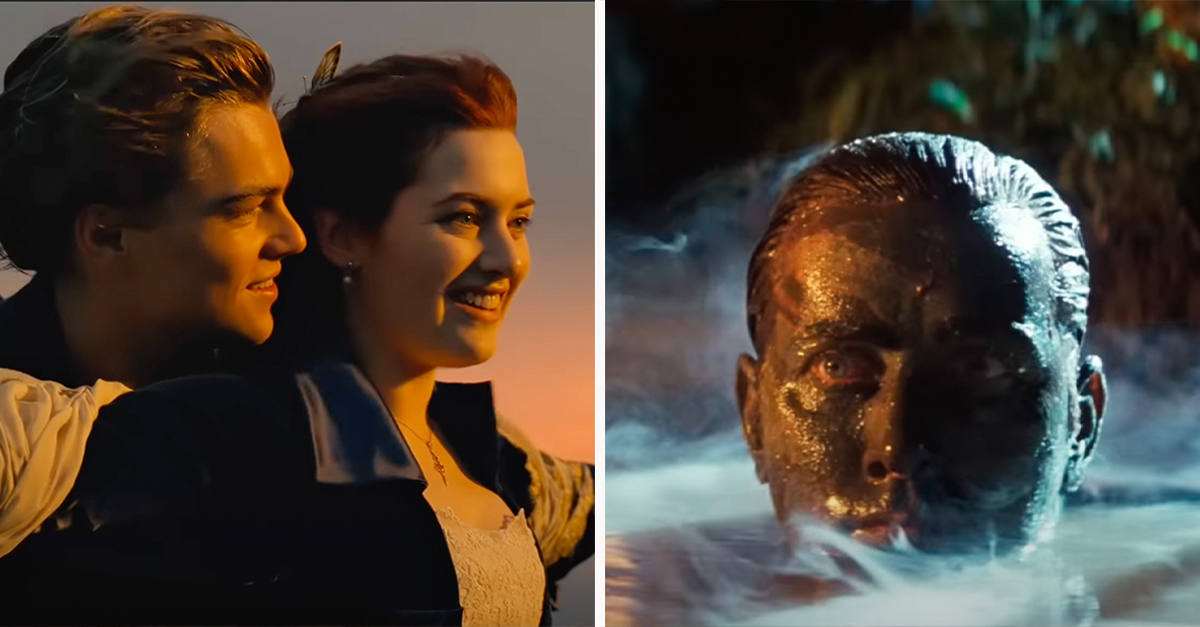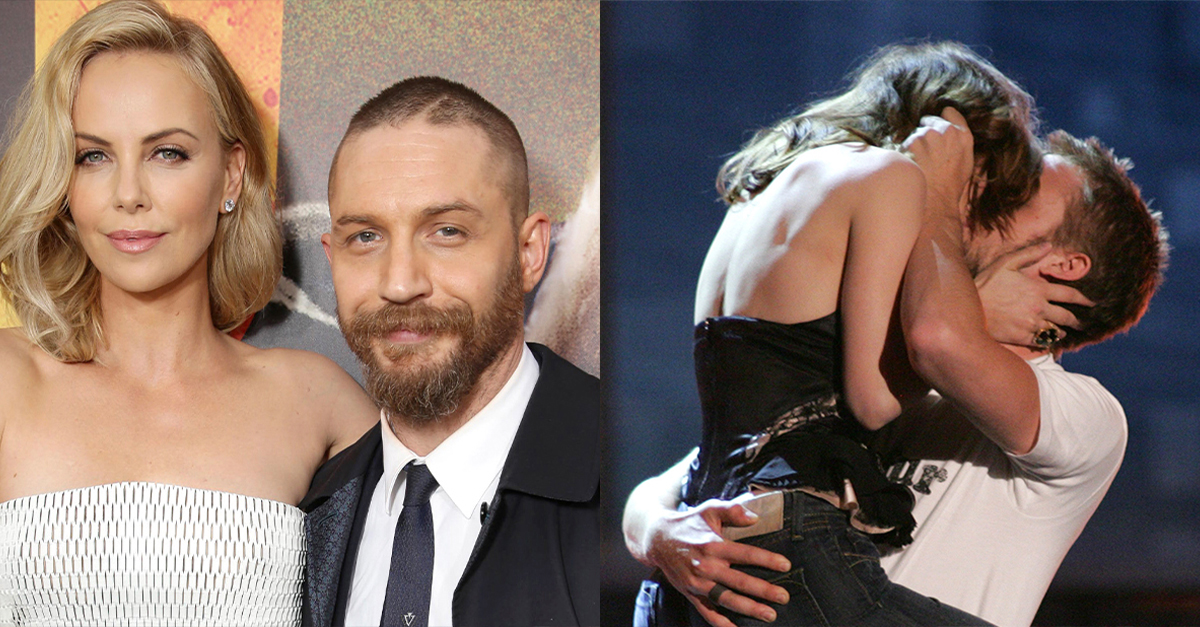The Most Unworthy Oscar Winners Ever?
Every year, Hollywood gathers under glittering lights to crown the best of the best — but let’s be honest: sometimes the Academy gets it wrong. From baffling Best Picture choices to questionable acting wins, Oscar history is full of moments that left fans shouting at their TVs. Here are 25 Oscar wins that, for one reason or another, just didn’t deserve the gold — and still spark heated debates to this day.
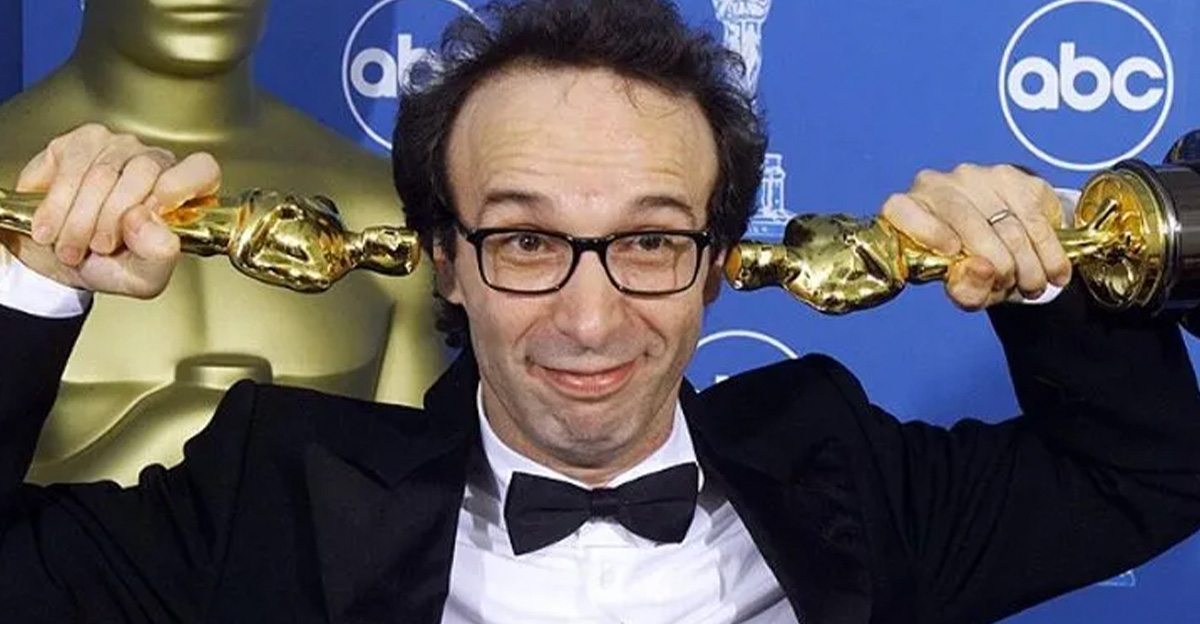
Crash Wins Best Picture Over Brokeback Mountain
Few Oscar decisions have aged as poorly as Crash winning Best Picture in 2006. While it tackled race relations in Los Angeles, it did so with the subtlety of a sledgehammer and cliché-ridden storytelling. Meanwhile, Brokeback Mountain was a groundbreaking, emotional masterpiece that pushed cultural boundaries — and most agree it was robbed.
Shakespeare In Love Beats Saving Private Ryan
In 1999, Shakespeare in Love pulled off a major upset — and many blamed Harvey Weinstein’s ruthless campaigning. While charming and witty, the film’s victory over Spielberg’s harrowing Saving Private Ryan felt like pure politics. One redefined war cinema; the other was a clever rom-com with a good marketing team.
 Universal Pictures, Shakespeare in Love (1998)
Universal Pictures, Shakespeare in Love (1998)
Gwyneth Paltrow Over Cate Blanchett
Gwyneth Paltrow’s win for Shakespeare in Love was sweet, but let’s be real — Cate Blanchett’s portrayal of Elizabeth was transformative and career-defining. Paltrow’s light romantic role just didn’t match Blanchett’s commanding, layered performance. The Academy clearly favored sentiment over skill that year.
 Universal Pictures, Shakespeare in Love (1998)
Universal Pictures, Shakespeare in Love (1998)
The King's Speech Over The Social Network
In 2011, The King’s Speech took Best Picture — a safe, regal drama about overcoming a stutter. But David Fincher’s The Social Network captured the chaos, ambition, and moral grayness of a generation-defining tech revolution. The Academy went traditional when they could have gone timeless.
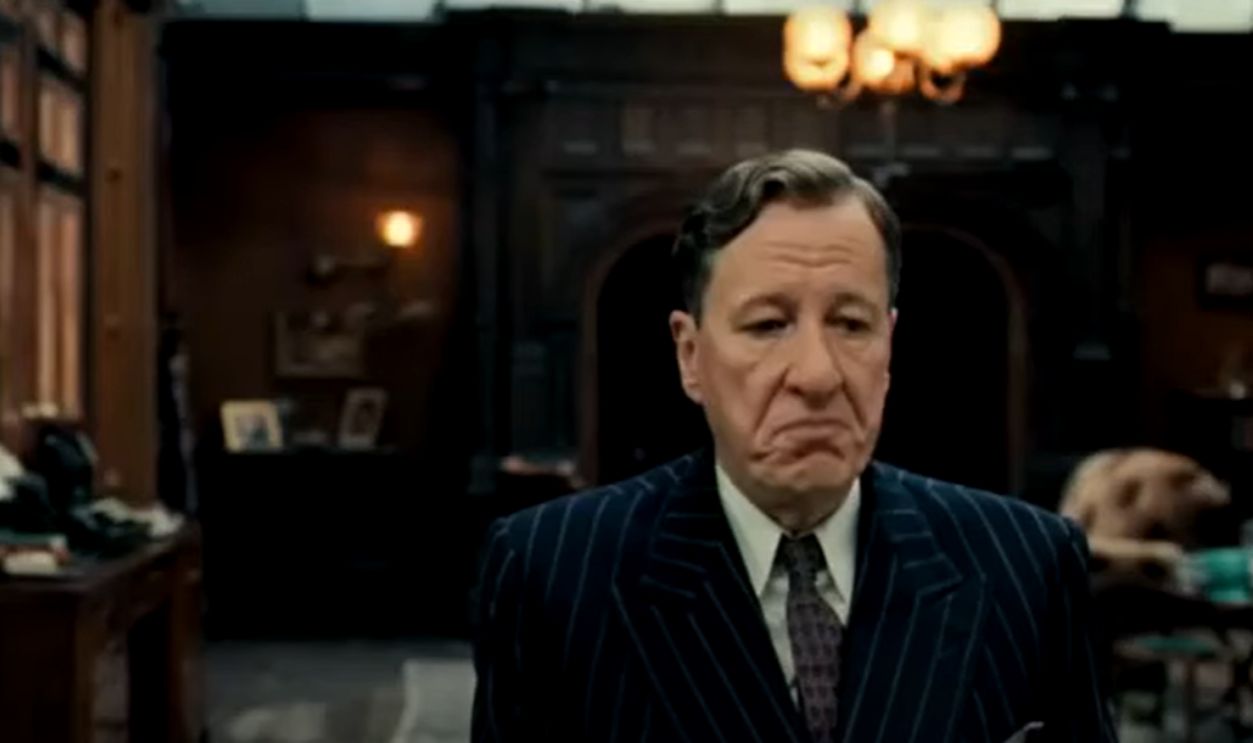 Paramount Pictures, The King's Speech (2010)
Paramount Pictures, The King's Speech (2010)
Green Book Wins Best Picture
Green Book’s 2019 Best Picture win sparked immediate backlash for its “white savior” narrative and outdated racial politics. While pleasant and well-acted, it felt like a movie from the 1990s, not a modern exploration of race. Films like Roma and BlacKkKlansman were far more daring and nuanced.
 Universal Pictures, Green Book (2018)
Universal Pictures, Green Book (2018)
Roberto Benigni Over Edward Norton
Roberto Benigni’s joyous leap over chairs at the 1999 Oscars is unforgettable — but his Life Is Beautiful performance beating Edward Norton’s terrifying American History X transformation was baffling. Norton’s chilling portrayal of a neo-Nazi’s redemption was haunting, layered, and far riskier.
 Miramax, Life Is Beautiful (1997)
Miramax, Life Is Beautiful (1997)
Bohemian Rhapsody Wins Best Editing
Sure, Bohemian Rhapsody rocked — but that editing win? That chaotic, overcut scene at the diner became an internet meme for bad pacing. Even fans admitted it wasn’t Oscar-worthy craftsmanship; it felt like a win for popularity, not precision.
 20th Century Studios, Bohemian Rhapsody (2018)
20th Century Studios, Bohemian Rhapsody (2018)
Rami Malek Over Bradley Cooper
Rami Malek was solid as Freddie Mercury, but Bradley Cooper’s raw, emotional unraveling in A Star Is Born was extraordinary. Cooper directed, sang, and acted his heart out, creating a character of stunning depth. Malek’s performance felt more like a skilled imitation than an original creation.
 20th Century Studios, Bohemian Rhapsody (2018)
20th Century Studios, Bohemian Rhapsody (2018)
How Green Was My Valley Beats Citizen Kane
It’s hard to believe that one of cinema’s greatest achievements — Citizen Kane — lost to How Green Was My Valley. Welles’ groundbreaking direction and innovation changed filmmaking forever. The Academy’s choice for a sentimental family drama over genius marked a fear of modernity.
 20th Century Studios, How Green Was My Valley (1941)
20th Century Studios, How Green Was My Valley (1941)
Al Pacino’s Scent Of A Woman Win
Pacino finally got his long-overdue Oscar in 1993, but Scent of a Woman wasn’t his best work. His performance bordered on caricature compared to his nuanced turns in The Godfather or Dog Day Afternoon. It was clearly a “career make-up” award more than true merit.
 Universal Pictures, Scent of a Woman (1992)
Universal Pictures, Scent of a Woman (1992)
The Artist Wins Best Picture
In 2012, the silent-film homage The Artist charmed voters with nostalgia — but it’s mostly forgotten today. Compared to The Tree of Life’s ambition or Moneyball’s modern brilliance, The Artist was cute but slight. It was a love letter to the past, not a step toward the future.
 Warner Bros. Pictures, The Artist (2011)
Warner Bros. Pictures, The Artist (2011)
Judy Holliday Beats Bette Davis and Gloria Swanson
In 1951, Judy Holliday’s bubbly role in Born Yesterday somehow beat out Bette Davis’s ferocious All About Eve performance and Gloria Swanson’s haunting Sunset Boulevard turn. Holliday was great — but those other two were all-time greats. The Academy played it safe once again.
 Columbia Pictures, Born Yesterday (1950)
Columbia Pictures, Born Yesterday (1950)
Chicago Wins Best Picture
Chicago was fun, flashy, and full of jazz hands — but Best Picture? Over The Pianist and Gangs of New York? The film’s style-over-substance approach looked great on stage but felt hollow on screen. It was spectacle rewarded over substance.
Tom Hooper Wins Over David Fincher
Hooper’s directing win for The King’s Speech was fine — but beating Fincher’s meticulously crafted The Social Network? Unforgivable. Fincher’s digital precision and taut rhythm defined a generation, while Hooper’s style relied on quirky angles and conventional storytelling. The wrong man got crowned.
 Paramount Pictures, The King's Speech (2010)
Paramount Pictures, The King's Speech (2010)
Rocky Beats Taxi Driver and Network
Yes, Rocky is inspirational, but Best Picture over Taxi Driver and Network? The Academy clearly favored underdog sentiment over cinematic innovation. Scorsese and Lumet’s films were bold dissections of America’s psyche — Rocky just went the distance with crowd-pleasing heartstrings.
Art Carney Beats Jack Nicholson and Al Pacino
In 1975, Carney’s pleasant but forgettable Harry and Tonto performance won Best Actor over Nicholson’s Chinatown and Pacino’s The Godfather Part II. It was the ultimate “nice guy” win — fine work, but not epoch-defining cinema. Voters love an old favorite, apparently.
 20th Century Fox, Harry and Tonto (1974)
20th Century Fox, Harry and Tonto (1974)
Forrest Gump Beats Pulp Fiction and Shawshank Redemption
Beloved as it is, Forrest Gump’s sugary sentimentality winning over Pulp Fiction and The Shawshank Redemption remains controversial. Tarantino reinvented storytelling; Shawshank redefined hope. Forrest Gump gave us quotable lines but little artistic daring. Nostalgia triumphed over revolution.
 Paramount Pictures, Forrest Gump (1994)
Paramount Pictures, Forrest Gump (1994)
Elizabeth Taylor’s Butterfield 8 Win
Taylor’s Oscar for Butterfield 8 came right after her near-fatal illness — and many felt it was a sympathy award. Even Taylor disliked the film, calling it mediocre. It was Hollywood politics wrapped in glamour, not genuine recognition of excellence.
 Metro-Goldwyn-Mayer, Butterfield 8 (1960)
Metro-Goldwyn-Mayer, Butterfield 8 (1960)
Dances With Wolves Over Goodfellas
Kevin Costner’s sweeping western won seven Oscars — but Scorsese’s Goodfellas changed modern filmmaking forever. Wolves was grand and safe; Goodfellas was electric, daring, and influential. It’s the ultimate case of the Academy rewarding comfort over creativity.
 Orion Pictures, Dances With Wolves (1990)
Orion Pictures, Dances With Wolves (1990)
Renee Zellweger’s Judy Win
Renee’s portrayal of Judy Garland was committed, but some critics felt it leaned too heavily on imitation rather than insight. Scarlett Johansson’s Marriage Story performance showed deeper emotional vulnerability. Zellweger’s win felt nostalgic, not necessarily the year’s most deserving.
Gladiator Beats Traffic and Crouching Tiger
Gladiator was a grand spectacle, but Best Picture? Steven Soderbergh’s Traffic and Ang Lee’s Crouching Tiger, Hidden Dragon offered more innovation and complexity. The Academy went for blood and sand instead of brains and art.
 Universal Pictures, Gladiator (2000)
Universal Pictures, Gladiator (2000)
Marisa Tomei’s My Cousin Vinny Win
It’s one of the Oscars’ longest-running urban legends: did they accidentally read the wrong name? (They didn’t.) Still, Tomei’s comedic role beating veterans like Judy Davis and Vanessa Redgrave shocked traditionalists. A fun win, yes — but not the most earned.
 20th Century Fox, My Cousin Vinny (1992)
20th Century Fox, My Cousin Vinny (1992)
Russell Crowe’s Gladiator Win
Crowe was commanding — but his Oscar for Gladiator came at the expense of more nuanced performances like Javier Bardem’s Before Night Falls. It felt like Hollywood rewarding swagger over subtlety, myth over humanity.
 DreamWorks Pictures, Gladiator (2000)
DreamWorks Pictures, Gladiator (2000)
Braveheart Wins Best Picture
Mel Gibson’s epic may be rousing, but historical accuracy and nuance were nowhere to be found. Sense and Sensibility or Apollo 13 were more cohesive and timeless. Braveheart was thrilling, but it played fast and loose with truth.
 Paramount Pictures, Braveheart (1995)
Paramount Pictures, Braveheart (1995)
Shakespeare In Love’s Screenplay Win
Even the screenplay category wasn’t safe — Shakespeare in Love beat Saving Private Ryan here too. While clever, its script was light and full of convenient twists. Spielberg’s film had grit and gravity; this was wit over weight.
 Universal Pictures, Shakespeare in Love (1998)
Universal Pictures, Shakespeare in Love (1998)
A Beautiful Mind Over Fellowship Of The Ring
Ron Howard’s A Beautiful Mind was moving, but Peter Jackson’s The Fellowship of the Ring was revolutionary. The Academy’s aversion to fantasy delayed recognition until The Return of the King. By then, the damage was done — the first entry deserved more.
 Universal Pictures, A Beautiful Mind (2001)
Universal Pictures, A Beautiful Mind (2001)
The Oscars Are About More Than Just Art
For every deserved Oscar win, there’s one that makes you question the Academy’s motives. Politics, trends, and sentiment often outweigh innovation, and sometimes charm wins over challenge. Still, that’s part of the fun — debating who should have won keeps movie lovers arguing long after the red carpet’s rolled up and the champagne’s gone flat.
 Universal Pictures, Shakespeare in Love (1998)
Universal Pictures, Shakespeare in Love (1998)
You May Also Like:
Dark Facts About Donald O’Connor, Hollywood’s Tragic Clown
Admissible Facts About Judge Judy
Sources: 1, 2, 3






